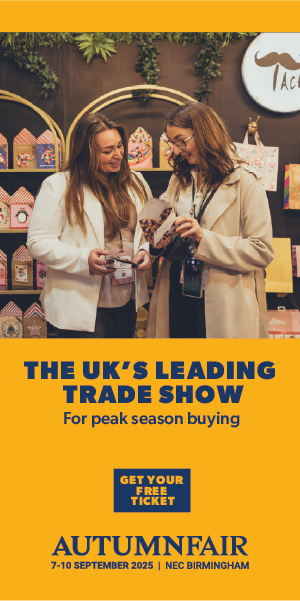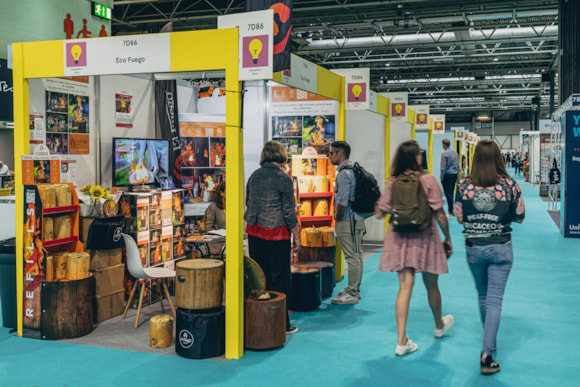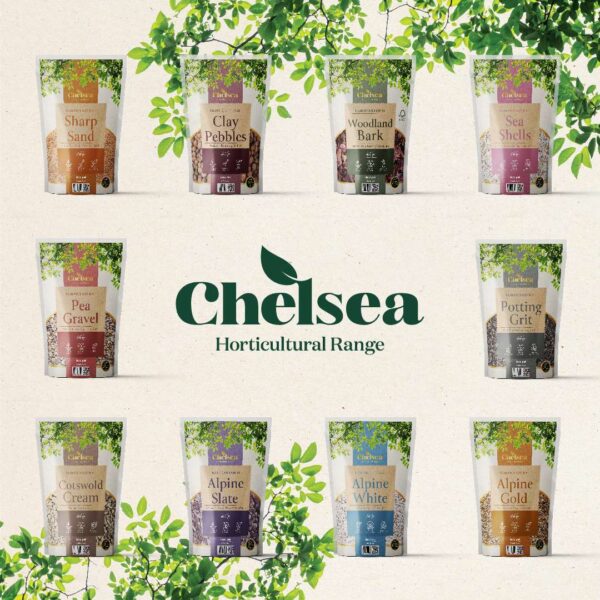As if we needed more evidence that there’s been a stratospheric rise in online shopping and therefore postal deliveries, retailers large and small are now facing an unprecedented shortage of packaging cardboard.
With consumers ordering everything from bread makers to bicycles, clothes to ceramics and anything else you can think of via the Internet, the demand for cardboard has gone through the roof.
Desperate to get orders sent off on time, retailers and brands have taken to social media in the quest to find more packaging supplies and have been asking customers to bring boxes with them to collection points.
Items like double walled delivery boxes are becoming rare as hen’s teeth, with suppliers saying there is a waiting list of months for specific sorts of packaging. Obtaining branded packaging is even more tricky. The lead times for getting boxes made is now worryingly long and prices are rising accordingly.
Axl Barber, boss of packaging firm Rightbox, said a regular box with flaps at top and bottom used to be made in days and delivered in a week, whereas now it’s more like two – three months until fulfilment.
Amazon is, as one might expect, being blamed for hogging supplies and along with other e-commerce giants stands accursed of buying huge amounts of cardboard to meet “unprecedented” demand, leaving small brands in the lurch and struggling to fulfill orders. SME businesses have taken to social media to share their stories, with many independent craft businesses admitting they’ve been hoarding cardboard for months through fear of running out and joking that cardboard is the new loo roll.
The Confederation of Paper Industries (CPI) has said that while there is always a peak in demand in the run up to Christmas, Brexit-related stockpiling exacerbated the problem, which was then compounded when Covid-19 restrictions led to global complications with shipping and staffing.
Multinational packaging firm, DS Smith, whose boxes are made from recycled material, says the problem lies partly in the recycling chain. Pre-pandemic when most deliveries were made in bulk to high street shops and restaurants, packaging quickly re-entered the system via recycling firms.
Group Chief Executive, Miles Roberts, said: “One of the challenges for us is that, with so much packaging now in peoples homes or in their garages, how do we get that paper back into the recycled network, how we can get it back into our mills so we can convert it into paper and reuse it again?”
Even supermarkets are being affected, with Asda, Lidl and the Co-op, finding they had to switch to plastic boxes for their eggs, prompting criticism from consumers. A shortage of the pulp used to make the cardboard boxes is affecting all retailers and whilst the plastic being used is 100% recyclable, grocers are very keen to go back to cardboard as soon as possible.

















